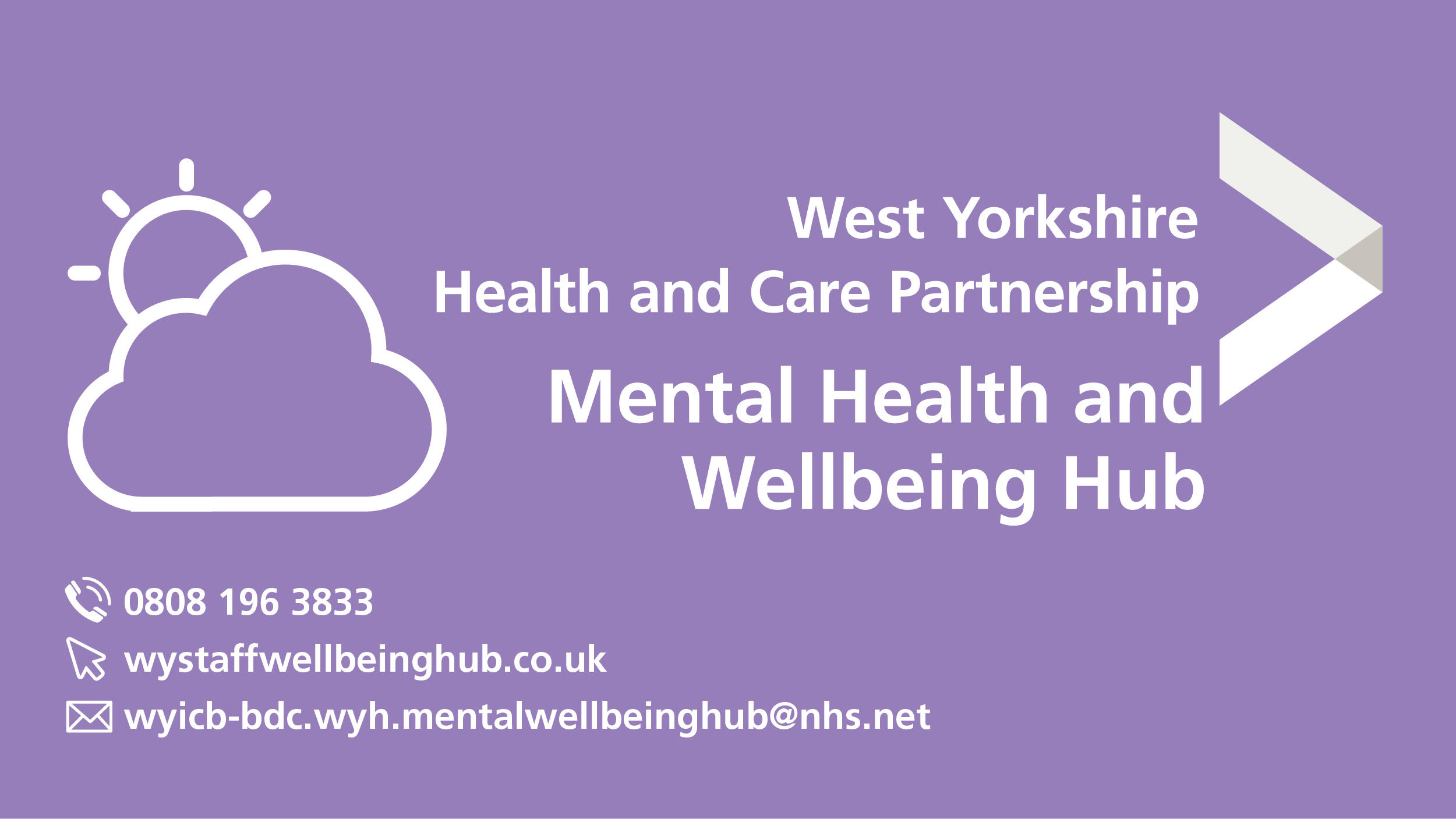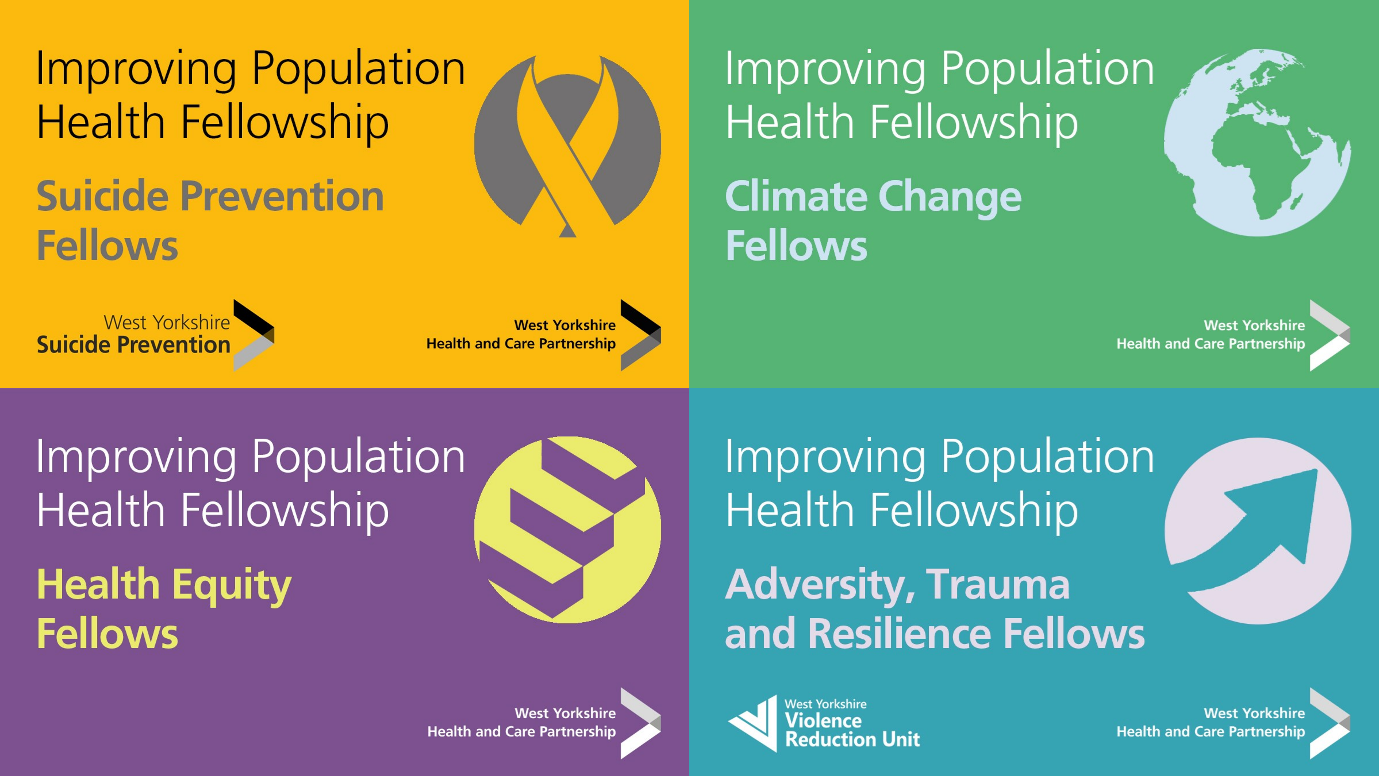Hello, my name is Wendy.
It is a pleasure to contribute to our West Yorkshire Health and Care Partnership leadership blogs and to share my personal leadership journey with you. I am a mental health nurse and celebrated my 30th anniversary in the NHS this year. My current role is as a clinical services, inclusion lead with a remit around health equity.
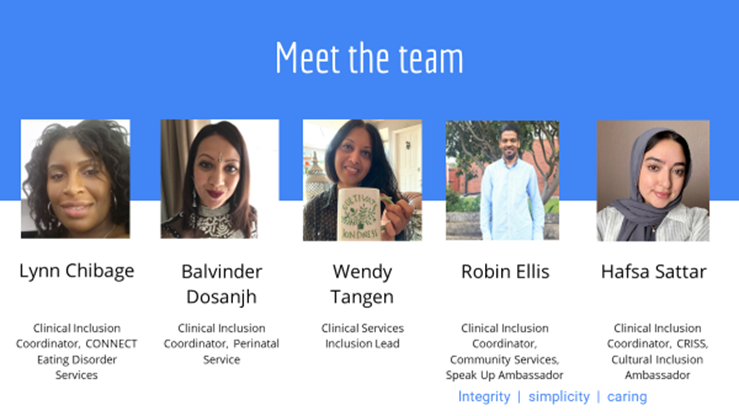
As I reflect on my journey to this point in my career, I realise that my predisposition led me to the work I am involved in today. My formative years was spent in a rural part of Trinidad in a community where relationships mattered and working together drawing on each other’s skills and experiences was paramount to our purpose, wellbeing, and happiness.
I recalled several community initiatives and events where no one person was viewed to be more valued that the other, we all had a part to play in achieving success (the farmer, engineer, teacher, and children’s expertise were equally valued). Hierarchy did not prevail, and we all took learning from each other. The approach is based on reciprocity and connectivity and the focus is on community members, in this case the villagers using their local knowledge to influence what works best for them. I guess this is what today we refer to as collective and/or system leadership, where different stakeholders, communities and individuals become reliant on each other and work together towards a common goal. The approach is asset-based community development (ABCD) working with communities and within communities that draws on their strengths and resources to address disparities.
Over the last few of years during the pandemic I have been developing a team of inclusion coordinators, whose roles are new within our organisation (Leeds and York Partnership NHS Foundation NHS Trust) to work collaboratively with clinical teams, managers, people who access care and communities to improve how we think about and deliver care to people who use mental health services. Our coordinators comprise of colleagues who are representative of our system and are not in traditional clinical roles.
My approach has been to create a culture of learning that invites creative thinking and authenticity to the role. It was important to foster connectivity with each other, build our relationships and grow our ability to challenge beliefs and attitudes to embrace new ways of working and promoted commitment from each other and those we work with. Our stands were that we will accept that we would not be stagnant and will evolve as needs changes and as we grow our capability.
We met weekly to reflect during the pandemic - each entering this space with curiosity, trust and shared responsibility for our own learning and understanding. I was mindful that our coordinators may look to me to make decisions and to give them answers. Therefore, I did not allow myself to be drawn into the need to fix things but to enable learning from mistakes made and offer guidance. I used my historic knowledge of traditionally working, evidence base on the topics that surfaced and my years of clinical background. I found this process personally enlightening as it allowed me to gain further self-awareness, ‘you think you know about something then realise you don’t, each conversational context brought new learning’.
We recognised we did not have all the answers. It was important to us that we involve people with lived experiences and our communities to obtain their perspective on their experiences of care, to improve the quality of health outcomes.
Co-production and co-designed projects were created with our Diverse Mums and Expert Advisory Groups to generate new ideas and suggestions, to make improvements across different care areas. They worked alongside us to support community engagement, help to reframed traditional language which gave deeper understanding to challenges faced when accessing services, raised awareness and grew community confidence. We use creative ways during our engagement and encouraged sharing of lived experiences such as writing blogs, radio talks, news articles, focus groups, training sessions, webinars, and TV interviews. This initiated renewed curiosity and a different way of listening. Our experts co-chair groups across our organisations and are active members on service improvement projects. Relationships has further developed, our working partnership with service users and communities to genuinely have a voice in their care and empowered us to make a difference together.
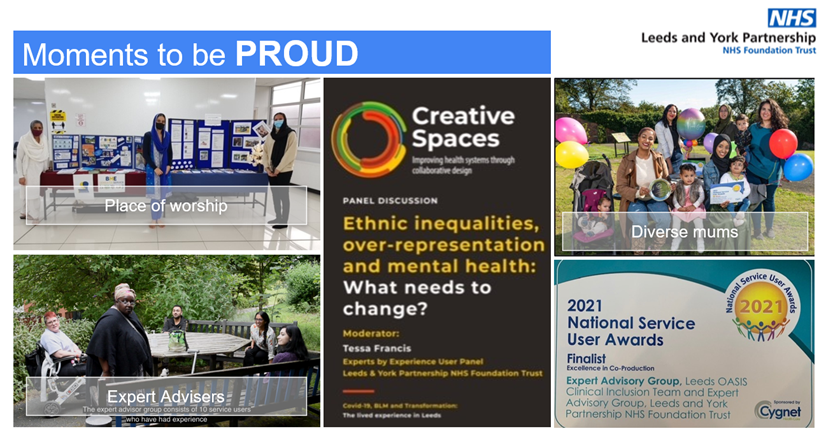
As a team we know we are only a small part of a system of systems. We will continue to grow our community of colleagues and lived experience experts to increase commitment and raise awareness of health inequalities to make positive changes.
I feel privilege to work within the West Yorkshire Health and Care Partnership where we foster a growing culture of collectiveness and expertise that influence and amplify the voices of all people to appreciate that no power is power.
Thank you for reading and have a good weekend,
Wendy


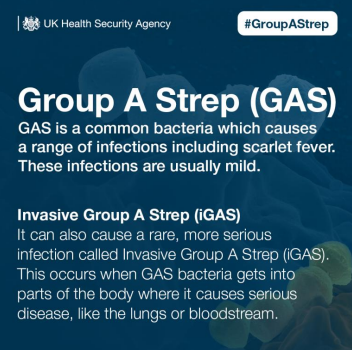 Parents and carers in West Yorkshire are being asked to be on the lookout for symptoms of Group A Streptococcus, or ‘Strep A’, in children (commonly called scarlet fever). Symptoms include sore throat, headache, fever and a fine, pinkish or red body rash with a sandpapery feel. On darker skin the rash can be more difficult to detect visually but will have a sandpapery feel when you rub your hand over your child’s skin.
Parents and carers in West Yorkshire are being asked to be on the lookout for symptoms of Group A Streptococcus, or ‘Strep A’, in children (commonly called scarlet fever). Symptoms include sore throat, headache, fever and a fine, pinkish or red body rash with a sandpapery feel. On darker skin the rash can be more difficult to detect visually but will have a sandpapery feel when you rub your hand over your child’s skin.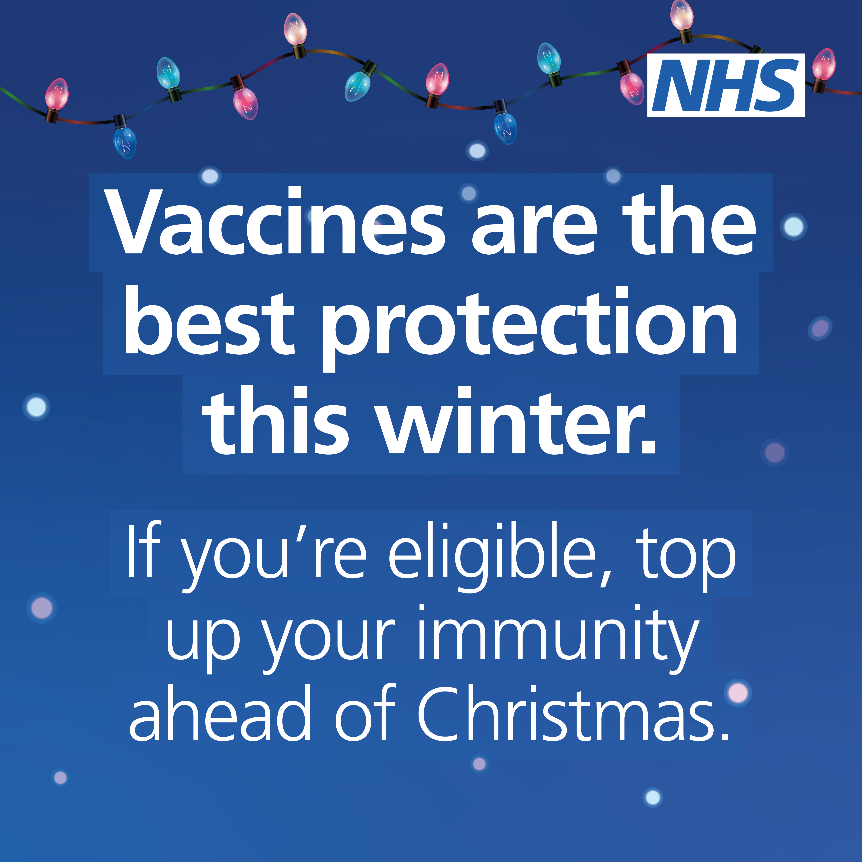 With Christmas just 16 sleeps away, eligible people are being urged to get their booster jab to keep them and others safe during the festivities.
With Christmas just 16 sleeps away, eligible people are being urged to get their booster jab to keep them and others safe during the festivities. 
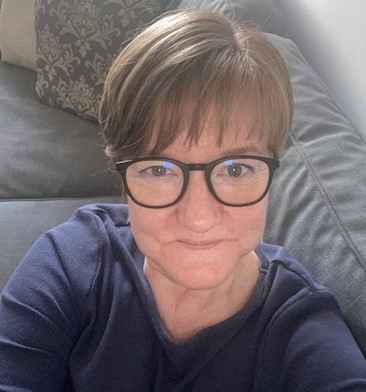 Angie Craig has joined
Angie Craig has joined 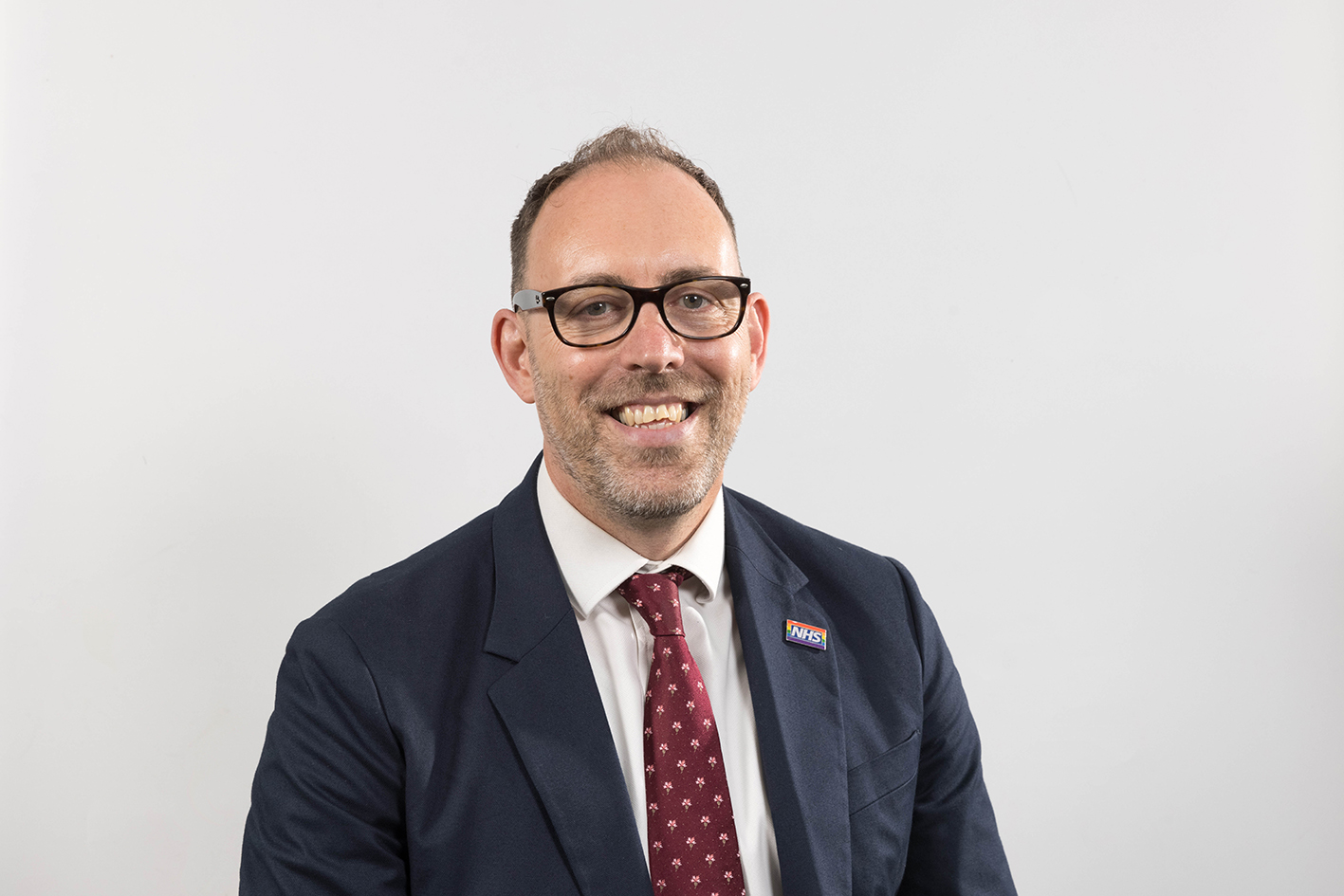 The Clinical Forum met virtually on Tuesday. The meeting was chaired by Dr James Thomas. Forum members include medical directors, GPs, pharmacists, allied health professionals, lead nurses and NHS England colleagues. There was an update from the NHS West Yorkshire Integrated Care Board meeting in November, which included an engagement session on primary care. The primary care programme board is currently being refreshed.
The Clinical Forum met virtually on Tuesday. The meeting was chaired by Dr James Thomas. Forum members include medical directors, GPs, pharmacists, allied health professionals, lead nurses and NHS England colleagues. There was an update from the NHS West Yorkshire Integrated Care Board meeting in November, which included an engagement session on primary care. The primary care programme board is currently being refreshed.